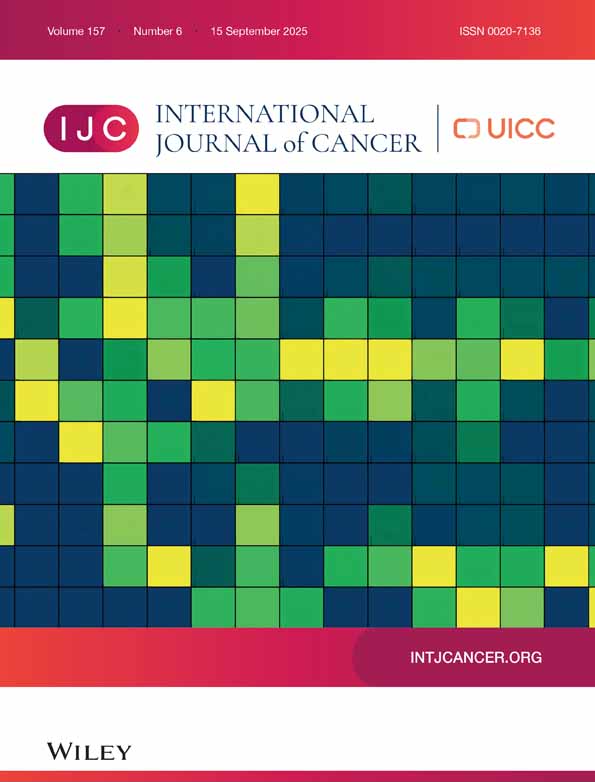Resistance to high concentrations of methotrexate and 5-fluorouracil of differentiated HT-29 colon-cancer cells is restricted to cells of enterocytic phenotype
Abstract
Adaptation of HT-29 cells to increasing concentrations of methotrexate (MTX) results in the selection of differentiated populations which show sequential dose-dependent changes of their differentiated phenotype with, at the highest concentrations (0.1 and 1 mM), a shift of differentiation from a mucus-secreting to an enterocytic phenotype coinciding with an amplification of the DHFR gene. We show here that DHFR gene amplification itself does not play a role in the shift of differentiation. An alternative explanation is the presence, within the mucus-secreting population, of an undetectable minor population of cells committed to enterocytic differentiation and able to develop resistance to higher concentrations of MTX. This was confirmed by cloning the population of cells resistant to 10 μM MTX. Out of 19 isolated clones, 17 were found to be mucus-secreting and 2 enterocytic. We tested 9 of these clones for their ability to develop resistance to 0.1 mM MTX: only 1 of enterocytic phenotype, was found to develop resistance to this higher concentration and to amplify the DHFR gene. The ability of enterocytic cells to develop resistance to elevated MTX concentration through amplification of the DHFR gene was demonstrated in another enterocytic HT-29 population selected by glucose deprivation. Enterocytic cells resistant to 10 μM MTX were also found, unlike mucus-secreting cells, to be readily adaptable to 5-fluorouracil, this occurring without amplification of the thymidylate synthase gene. Together these results highlight a previously uncharacterized relationship between commitment to enterocytic differentiation of colon-cancer cells and their ability to develop resistance to MTX and 5-fluorouracil. Int. J. Cancer 76:383–392, 1998.© 1998 Wiley-Liss, Inc.




